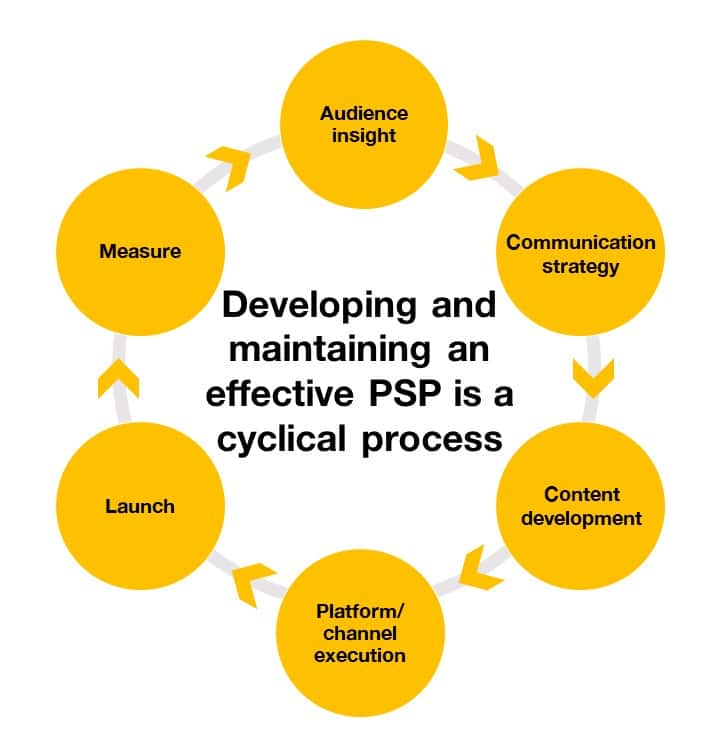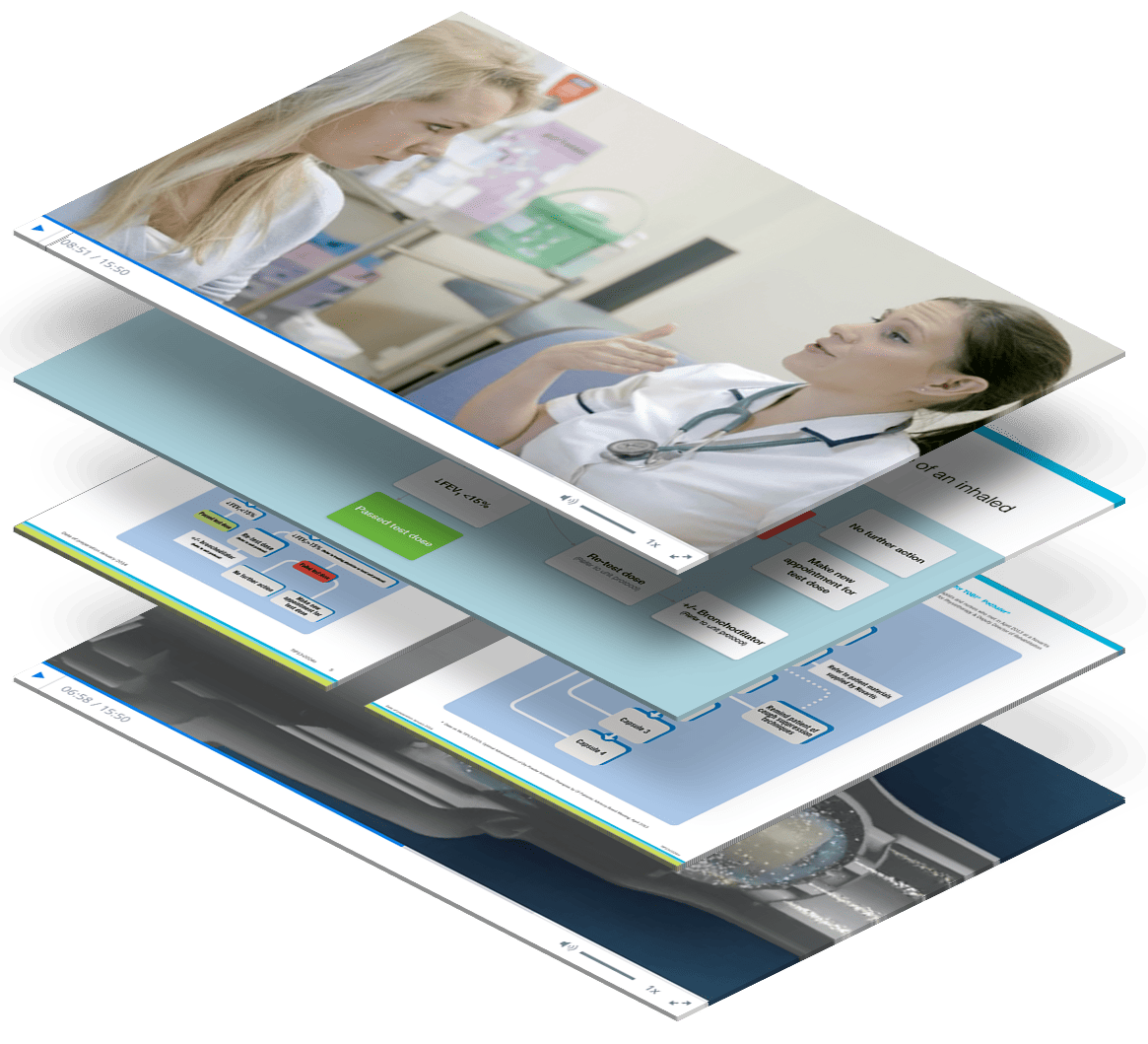Making a difference with patient support
April 8, 2020 | Bedrock, Bedrock Group, Bedrock Healthcare, Case study, Cystic fibrosis, Insights, Marketing, Medical Communications, Origins, Origins Healthcare, PSP, PSPs, Patient Support Programmes, Patient Support Programs, Pharma, adherence, healthcare, patient experience, patient support
A clear understanding of the patient journey and experience is pivotal in designing patient support programmes

Given that healthcare service providers and patients themselves now expect more from pharma than being simple providers of medication, added-value services such as patient support programmes (PSPs) have become an expectation, not a bonus. So, how can pharmaceutical companies ensure that their PSPs have the greatest impact?
The answer lies in the methodology. The specific implementation of a PSP and its key deliverables will depend on the therapy area, the drug and the audience. This means there is never a ‘one-size fits all’ approach. In order to design the right support programme, it is important to understand the audiences and stakeholders that will benefit from it. What are the reasons that patients do not currently adhere to their medication? What behaviours need to change in order to optimize the HCP-patient relationship? What challenges do the patients experience that are not currently being met? What communication channels do patients in this area prefer?
Well-executed PSPs offer a number of opportunities, including:
- Improving patient adherence and overall patient care
- Improving the dialogue between HCP and patient
- Empowering the patient
- Providing a stepping-stone to personalised medicine
- Reassuring HCPs that the treatment is a both viable option for the patient and that it is adequately supported
The right methodology
It is important to note that a PSP is not just about creating materials for patients, but more often involves the development of integrated solutions for doctors, nurses and other carers. Our approach to PSPs starts with driving a deep understanding of the various audiences’ needs. Bedrock’s new health experience agency, Origins, conducts ethnographic research and online intelligence gathering to obtain qualitative insights.
These insights enable the team to develop a communications strategy with appropriate tactics and delivery formats. Each programme has its own set of key performance indicators, for future analysis and refinement over time.

Using this approach we have developed multiple successful patient support initiatives. These range from bespoke patient-led online resources, eDiary applications for rare hereditary diseases, through to a joint programme for HCPs and patients delivered through video, and print-based tactics to aid the use of a medical device.
Case Study
Problem
When one of Bedrock’s clients challenged us to design a programme for people with cystic fibrosis, we looked at the whole picture. Who in the multi-disciplinary team needs to be involved to ensure patients receive the support they need? Often physiotherapists, nurses and patients require specific training to ensure that medications are used effectively. As well as taking in account the patient perspective, the information provided had to be suitable for HCPs to help inform, engage and educate.

Solution
The solution was to create a complete communications programme. It included materials to educate the patient on how to use their device/drug correctly; ensuring that the physiotherapist and nurse were able to teach and advise the patient on the correct technique, a mode of action animation which complimented the instructional video, clinical and test algorithms, and a host of printed materials.
Result
With a high download rate and improved patient adherence, feedback from HCPs and the client was overwhelmingly positive.
This is just one example of how together, Bedrock and Origins deliver truly patent-centric PSPs. Contact the Bedrock Group to see how Origins can help you gain a deeper understanding of your audiences in order to make a real difference to patient well-being.
This content was provided by Bedrock Healthcare Communications
Company Details
Latest Content from Bedrock Healthcare Communications
Resonant Group’s CEO celebrated for driving innovation and professional excellence across the healthcare communications sector
Resonant Group’s CEO celebrated for driving innovation and professional excellence across the healthcare communications sector
Imagine More for the reporting of consensus programme outputs
The Bedrock team reflects on the latest published guidance in the development of consensus programmes
The Power of Strong Partnerships
The Bedrock team reflects on what is critical to building strong partnerships.
Thinking creatively about patient involvement in publications
Bedrock's freethinking spirit to reimagine publications is on course to include patients in the full end to end of the publication process.
Agility – The Bedrock Way
The rapid pace of innovation, regulatory systems and consumer behaviour requires real agility by medical communication professionals. Bedrock has the agility to keep up with the pace of change and...
Bedrock Healthcare Communications is proud to accept the PMEA for Agility in Pharma Market Excellence
Recognition for a bold and imaginative approach to an actionable clinical consensus for MS patients.
MIRANDA DINI APPOINTED CHIEF OPERATING OFFICER AT RESONANT GROUP
Two additional leadership moves also strengthen management team
The value medical communications bring to phase 2/3 of drug development
Bedrock’s Head of Strategy, Derek Annan, explains why the development of successful communication requires not only planning, strategy and execution (and measurement), it also needs to be able to respond...
Bedrock expands growing strategy and scientific teams
Award-winning Bedrock Healthcare Communications adds three new starters at an exciting time of growth. Meet our new faces and find out what drew them to Bedrock.
Bedrock Healthcare Communications appoints Louise Adamson as Head of Scientific Services
Louise Adamson joins Bedrock as Head of Scientific Services to drive scientific and strategic excellence and grow and develop the scientific team.





